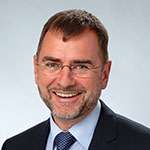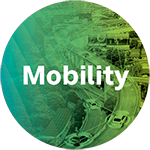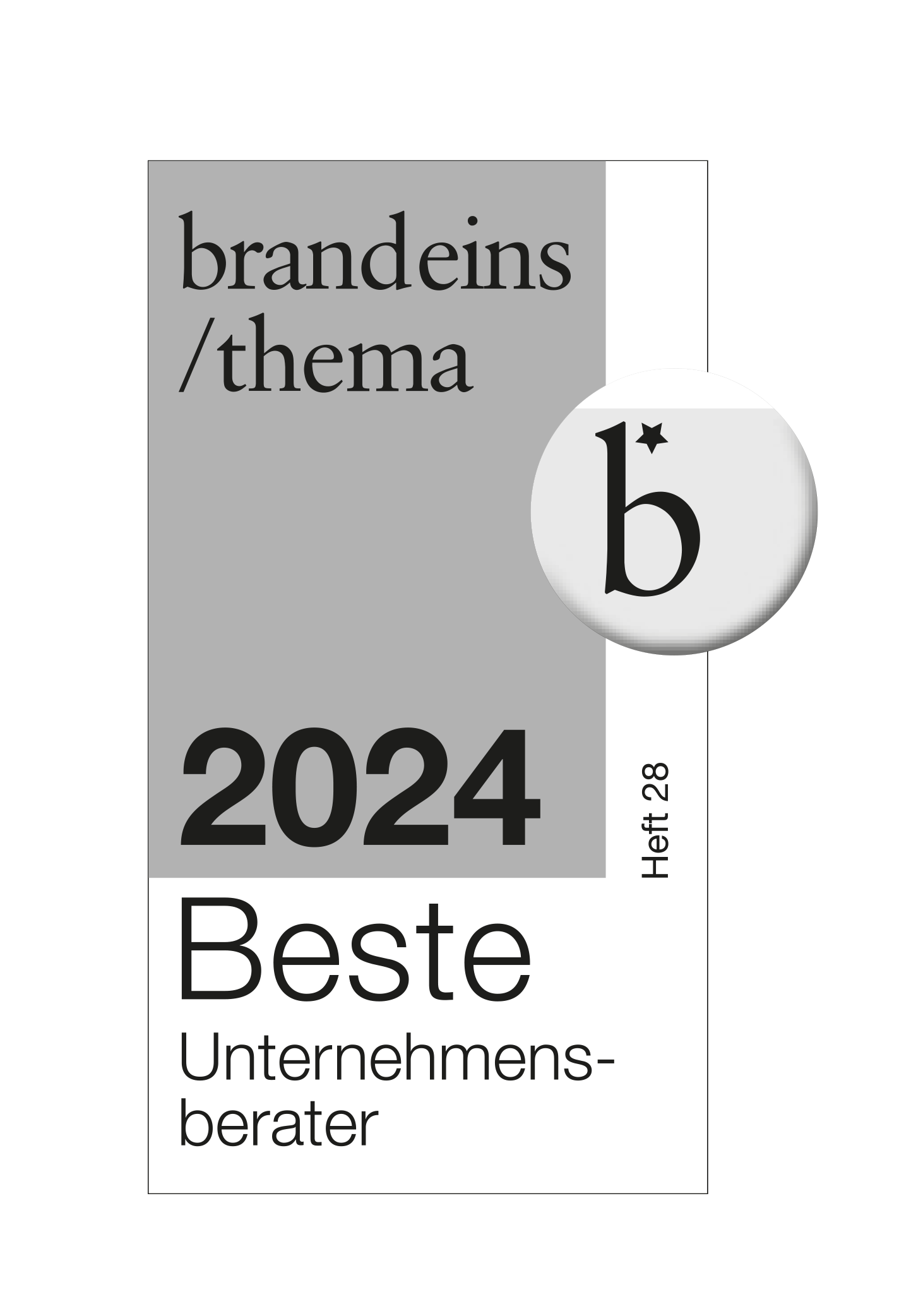Data for smart healthcare
In the coming years, demographic change will also reach cities and communities. In Germany alone, the number of people aged 67 and older will increase from currently 16 million to approximately 20 million by 2035. A growing number of older people will be dependent on healthcare and services. On the other hand, the number of working people is steadily decreasing. In order to be able to guarantee qualitatively and quantitatively sufficient medical and nursing care, automated and smart solutions are needed, such as telemedicine or monitoring of chronically ill people. These networked services will make the municipal infrastructure "age-friendly". The Internet of Things (IoT), sensors and data collected and processed by artificial intelligence (AI) will increasingly support municipalities in implementing smart health goals in the future.
Do you have any questions?

Werner Achtert
Head of Public Sector
+49 69 580045 1222
werner.achtert@msg.group
Living together improves through smart healthcare
Accessing medical services in a specialized and timely manner is proving increasingly problematic, particularly in smaller communities. There is a lack of suitable services and the travel distances are long. Video consultations and medicines purchased from vending machines, provided in a data-compliant and personalized manner based on the e-patient record and e-prescription, facilitate access. This noticeably improves the quality of life for citizens. Frail patients are helped by floor sensors with fall detection, emergency sensors and smart home assistants to live independently in their familiar surroundings. Thanks to smart barrier-free solutions, cities and municipalities can counter the shortage of staff in elderly care. People with impairments can actively participate in social life.
The environment benefits from smart healthcare
Access to clean water and low-pollution air is elementary for a healthy life. This requires integrated concepts for sustainable water management - also to compensate for periods with lower precipitation due to climate change. Data on the quantity and quality of water in surface waters not only helps to guarantee the quality of drinking water.. It also facilitates the equitable distribution of water for agricultural use. Data on pharmaceutical residues in wastewater treatment plant effluents or in surface, ground and drinking water allows conclusions to be drawn on the consumption and misuse of substances. In addition, the spread of various diseases can be analyzed using this data.
Smart sensors in a digital parking guidance system, for example, enable fewer emissions for "healthier" air. They make free parking spaces visible in real time, avoiding up to 40 percent of inner-city traffic.
Mobility wins through smart healthcare
Sufficient exercise and sports activities are essential for good health. For this, attractive offers for all age groups are needed despite cramped urban space. Commuters can use the app to book rental bikes near public transport stops for the last few kilometers to their workplace. This makes the daily commute to work more exercise-intensive. Interactive pop-up bike lanes also temporarily create additional capacity on the roads. Smart street lights equipped with motion sensors and cameras not only save energy, but also enable safe sports activities in the dark. Buses and vehicles operated by municipal utilities use sensors to identify damage to roadways and bike lanes, making the road network safer for people with impaired vision and mobility.
Our solution is called koda.city
For all these innovations, data is collected in real time in the smart city, analyzed and processed with AI. In general, this data must not serve an end in itself, but exclusively for the common good. This needs a public-welfare oriented data ecosystem. Based on open interface standards, our municipal data platform koda.city provides support as a unified, secure and sovereign data space.




